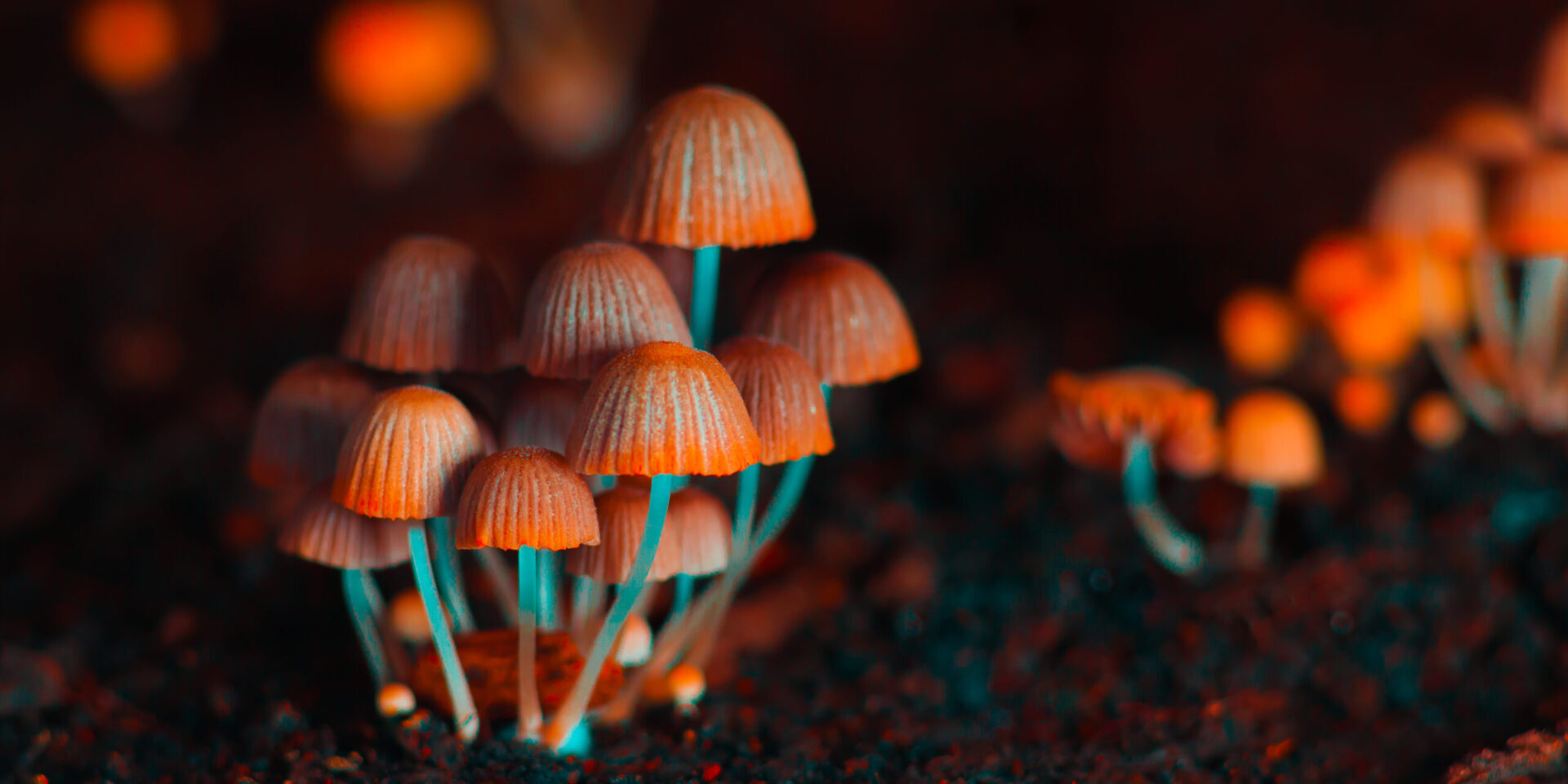Magic mushrooms, also known as psychedelic mushrooms, have a long and fascinating history dating back to ancient civilizations. These mushrooms, which contain psychoactive compounds such as psilocybin, have been used for centuries for their mystical and psychedelic effects. Today, research is being conducted on the potential therapeutic benefits of psilocybin for treating various psychiatric disorders, including depression and anxiety disorders.
The history of Hallucinogenic Mushrooms
Magic mushrooms have been used for centuries by indigenous cultures for spiritual and ceremonial purposes. The ancient Egyptians, Mayans, and Aztecs all had a history of using these mushrooms in religious rituals. In the 1950s and 1960s, Westerners began to explore the psychedelic effects of psilocybin, leading to a cultural revolution and increased interest in the therapeutic potential of these psychedelic experiences.
The psychedelic effects of magic mushrooms
When consumed, psilocybin is converted to psilocin in the body, which then acts on serotonin receptors in the brain to produce various psychological effects. These can include mystical-type experiences, altered perceptions, and changes in cognitive flexibility.
The Use of Hallucinogenic Mushrooms in treating psychiatric disorders
Recent clinical studies have shown promising results for using hallucinogenic mushrooms to treat various psychiatric disorders, including treatment-resistant depression and major depression. A single dose of psilocybin has been found to produce significant and lasting improvements in symptoms of depression and anxiety in patients.

The Use of Psilocybin in Treating Recurrent Depression
Recurrent depression is a significant public health concern, and traditional antidepressants are often ineffective in treating it. Recent pilot studies have found that a single dose of psilocybin can produce substantial and lasting improvements in symptoms of recurrent depression. It is worth noting that these studies were done on a small sample size, and more research is needed to confirm these findings.
The Legal Status of Psychedelic Mushrooms in the United States
Currently, psilocybin and psilocin are classified as Schedule I controlled substances in the United States, which means they are illegal to possess or use. However, there is a growing movement to reclassify these substances for medical use, and several cities in the United States have decriminalized the possession of magic mushrooms.

What to Acknowledge:
Magic mushrooms have a rich history and cultural significance, and recent research is shedding light on the potential therapeutic benefits of these substances for treating various psychiatric disorders. The use of magic mushrooms for treating anxiety and depression is a promising area of study, and more research is needed to fully understand the psychological effects of these substances that can create a significant mystical experience. It is important to note that while the potential therapeutic benefits of magic mushrooms are intriguing, it is crucial to approach the use of these substances with caution. They can have serious adverse effects, particularly if used in combination with other substances or individuals with pre-existing psychiatric conditions. It’s essential to conduct further research under controlled conditions, such as in a clinical setting, to better understand the safety and efficacy of these substances as a treatment for psychiatric disorders.
In the United States and other western countries, magic mushrooms have often been associated with counterculture and recreational use. Still, as research continues to uncover the potential therapeutic benefits of these psychedelic experiences, it’s important to approach them with a more holistic and respectful understanding. Additionally, it’s vital to acknowledge magic mushrooms’ cultural and historical context. Indigenous cultures have used these substances for centuries in ceremonial and spiritual contexts, and respecting and acknowledging this history is vital.
Final Thoughts
The use of magic mushrooms as a treatment for psychiatric disorders is a promising area of research. With further research, we may unlock the potential of these powerful and fascinating substances to improve the lives of those suffering from psychiatric disorders such as anxiety, depression, PTSD, and much more. Still, more studies are needed to understand these substances’ safety and efficacy fully. It’s integral to approach magic mushrooms with caution and to respect the cultural and historical context in which these substances have been used.



